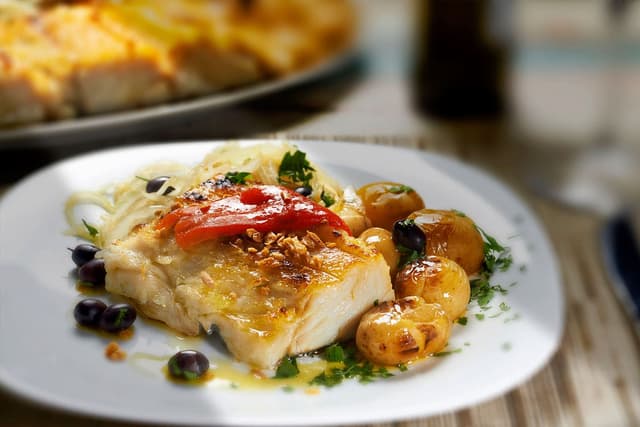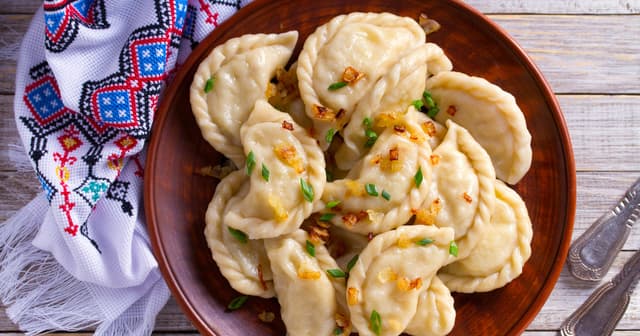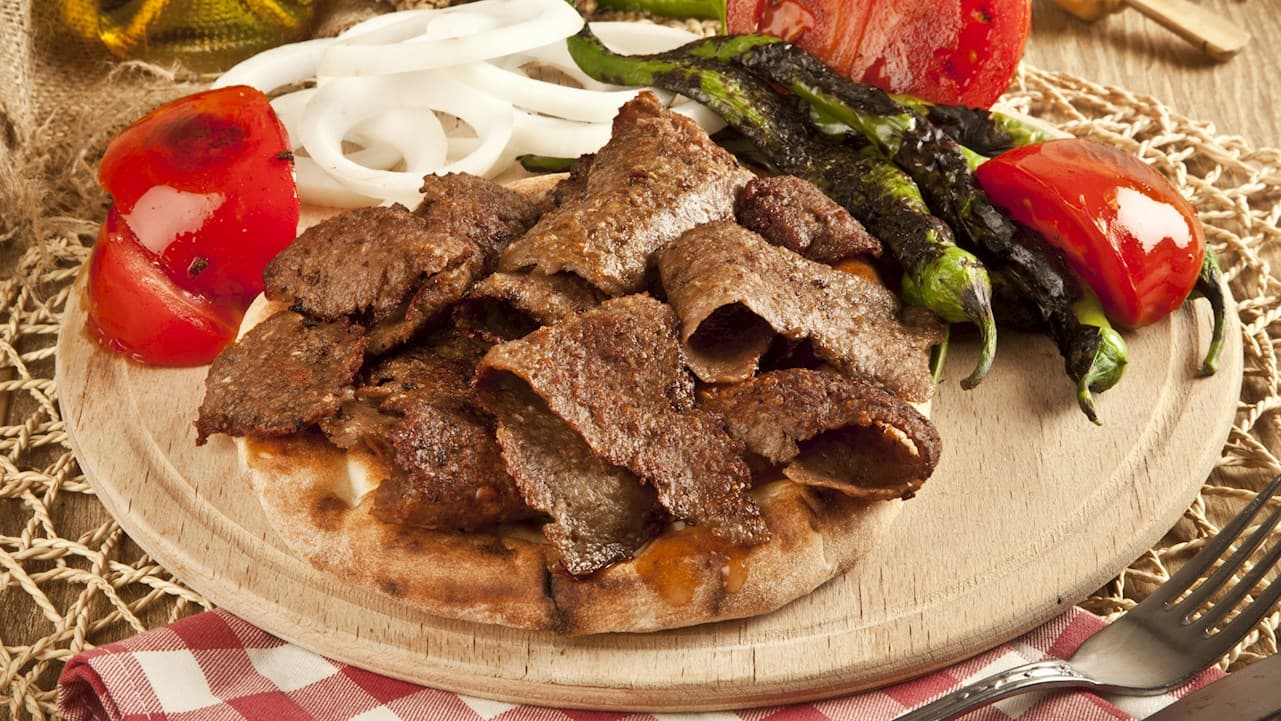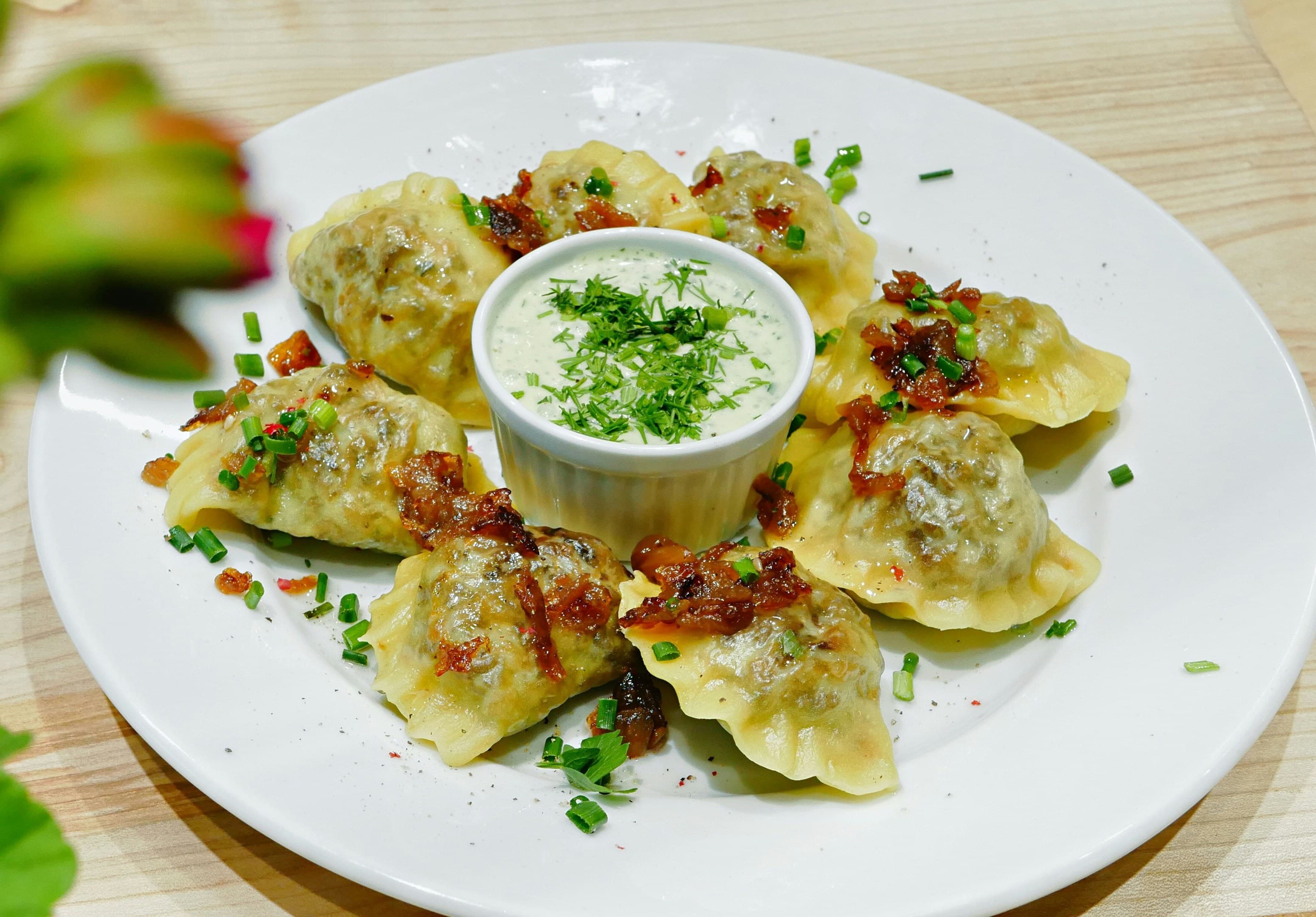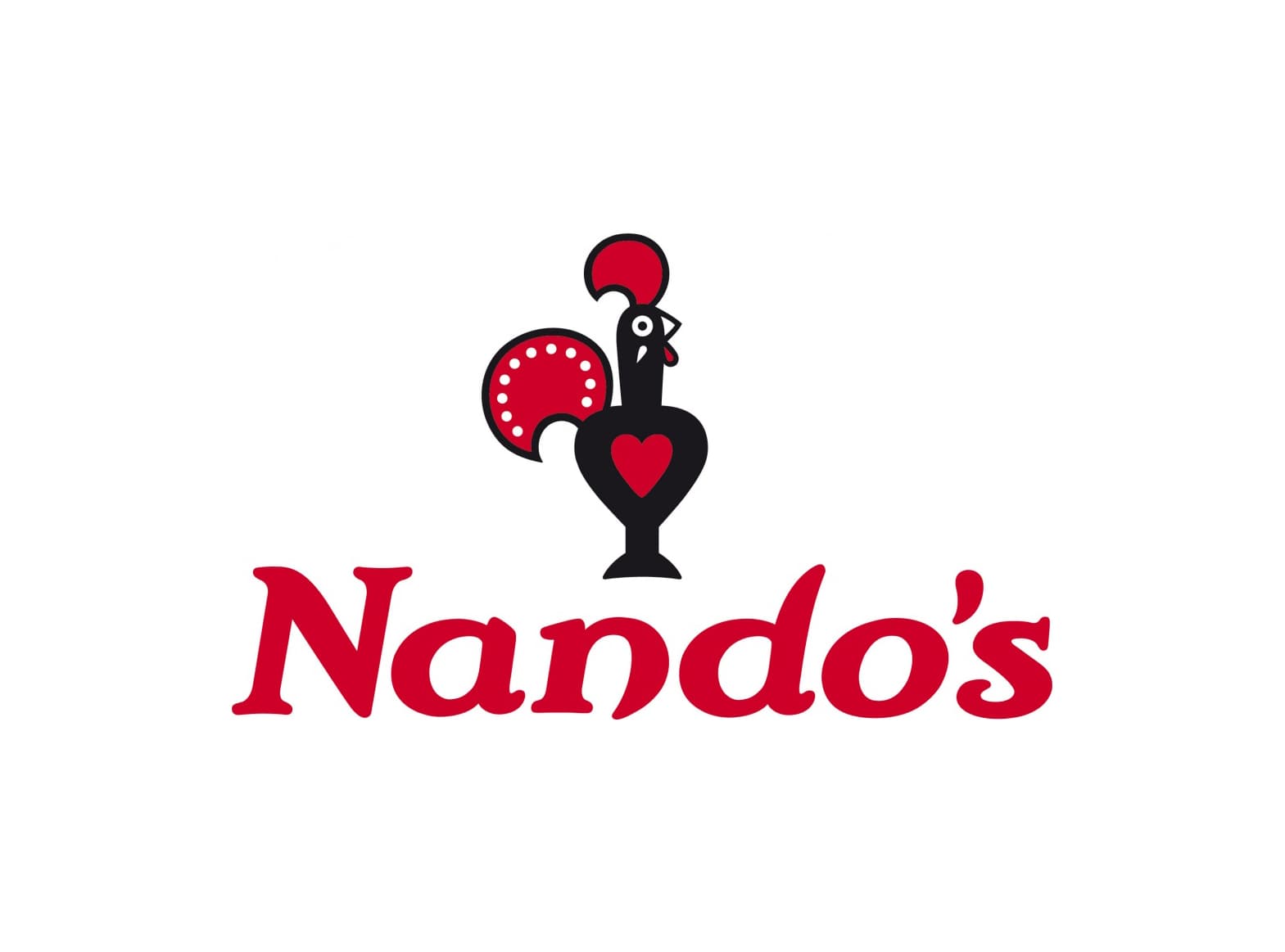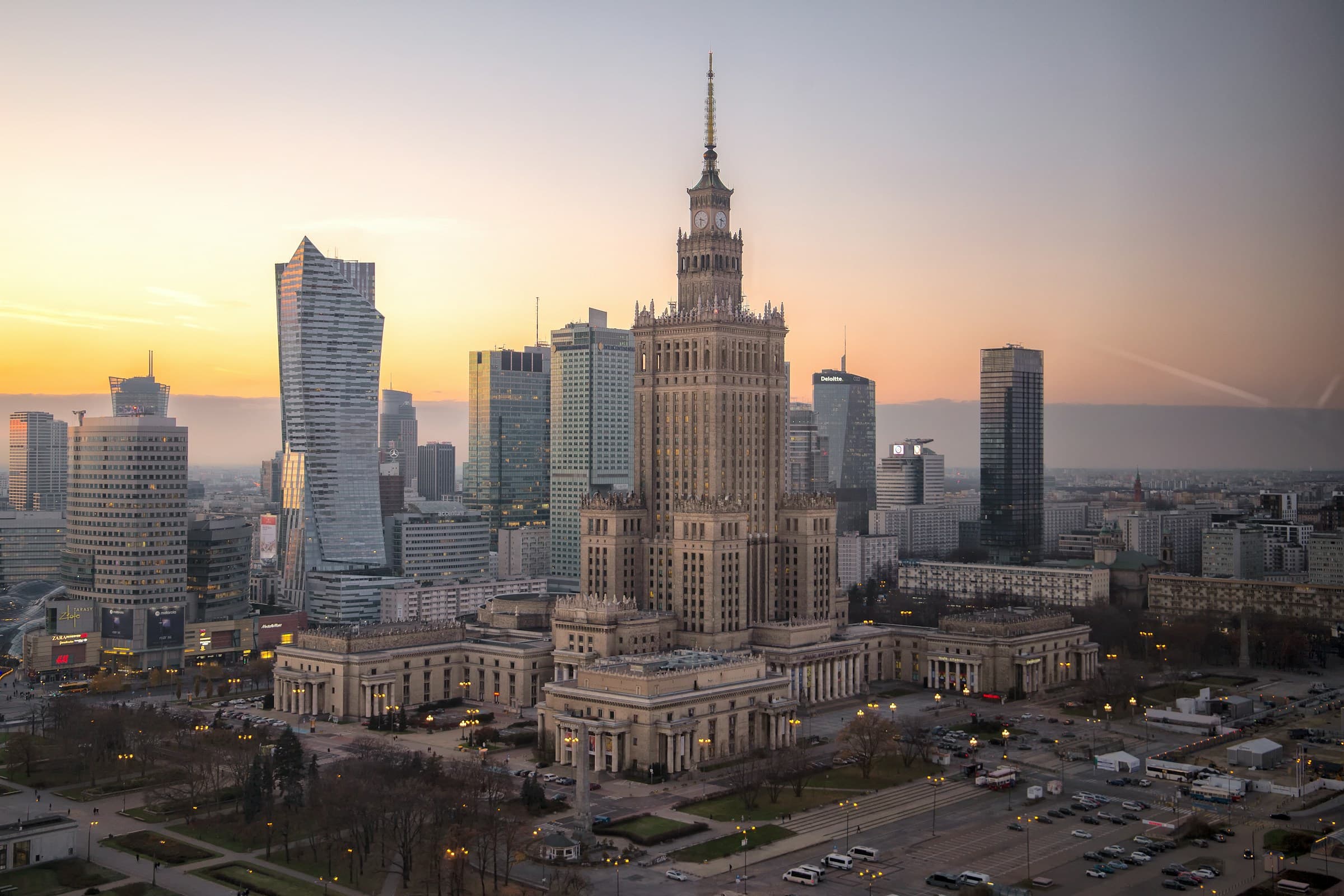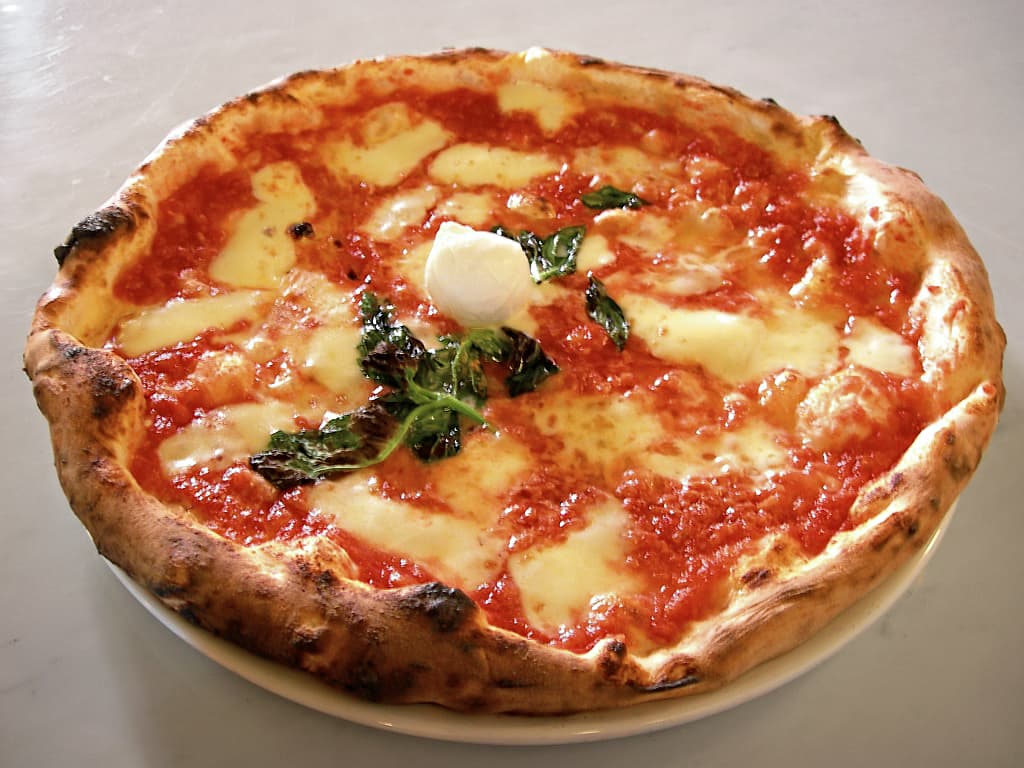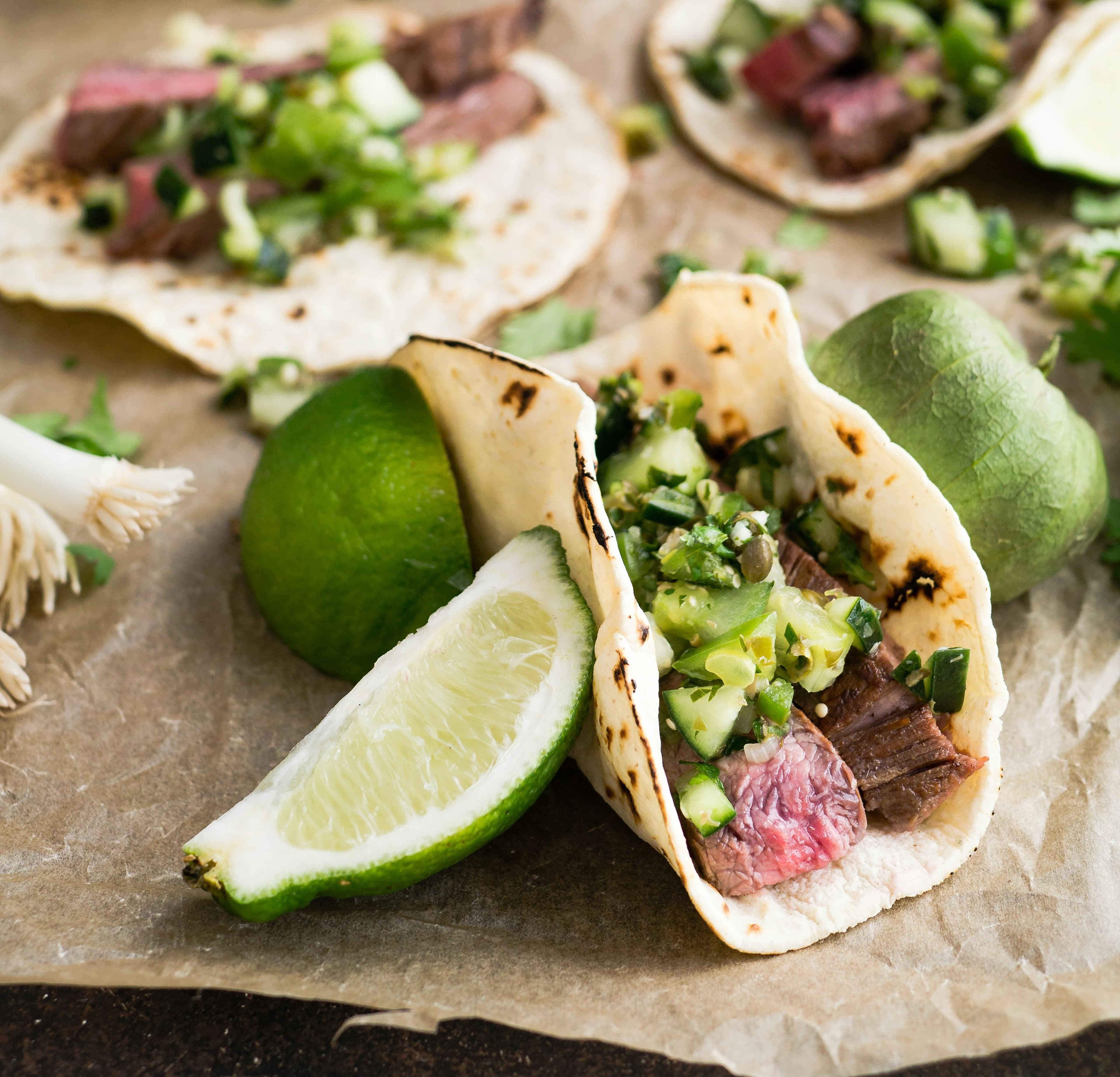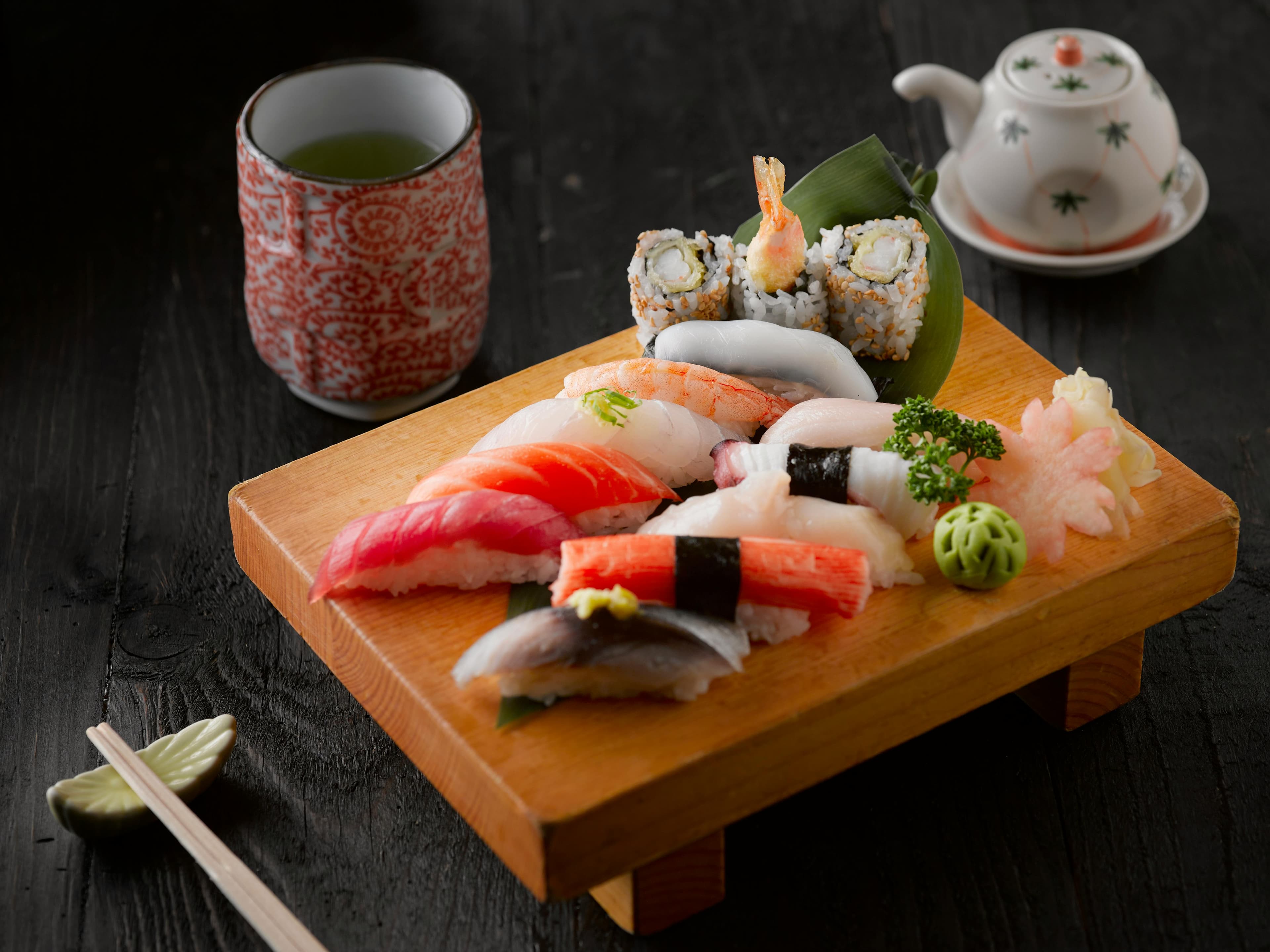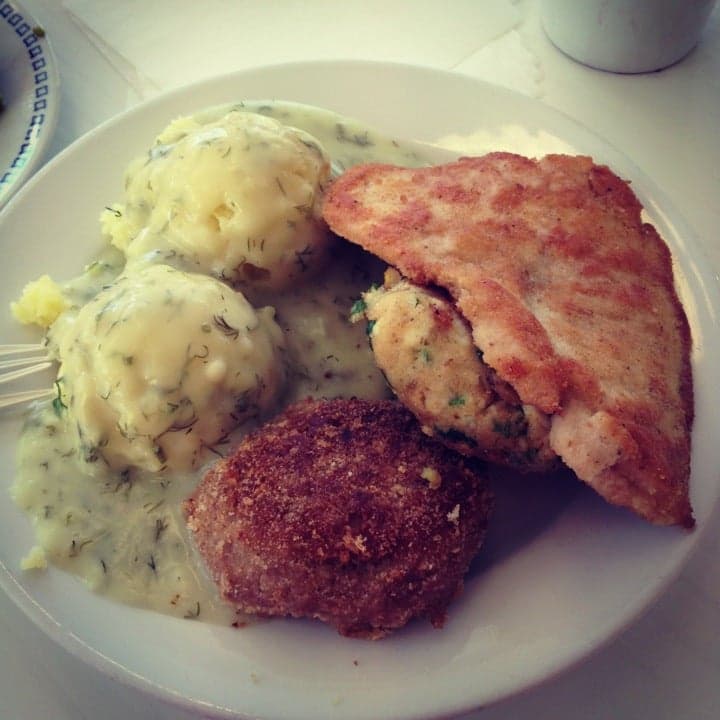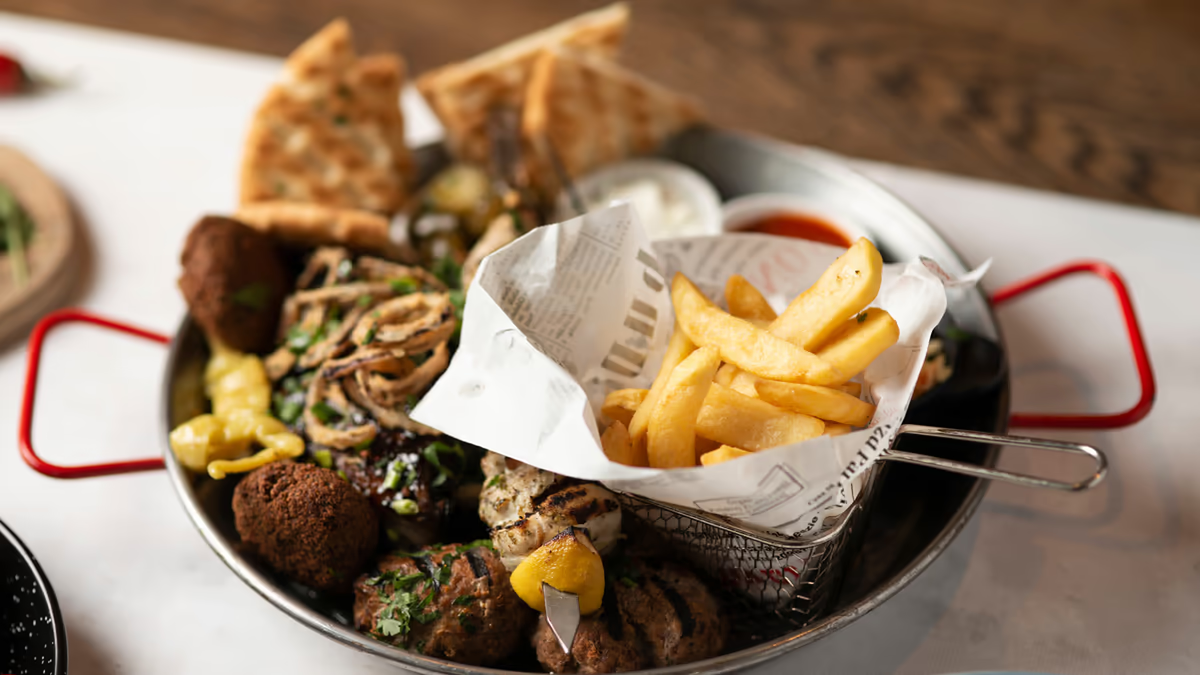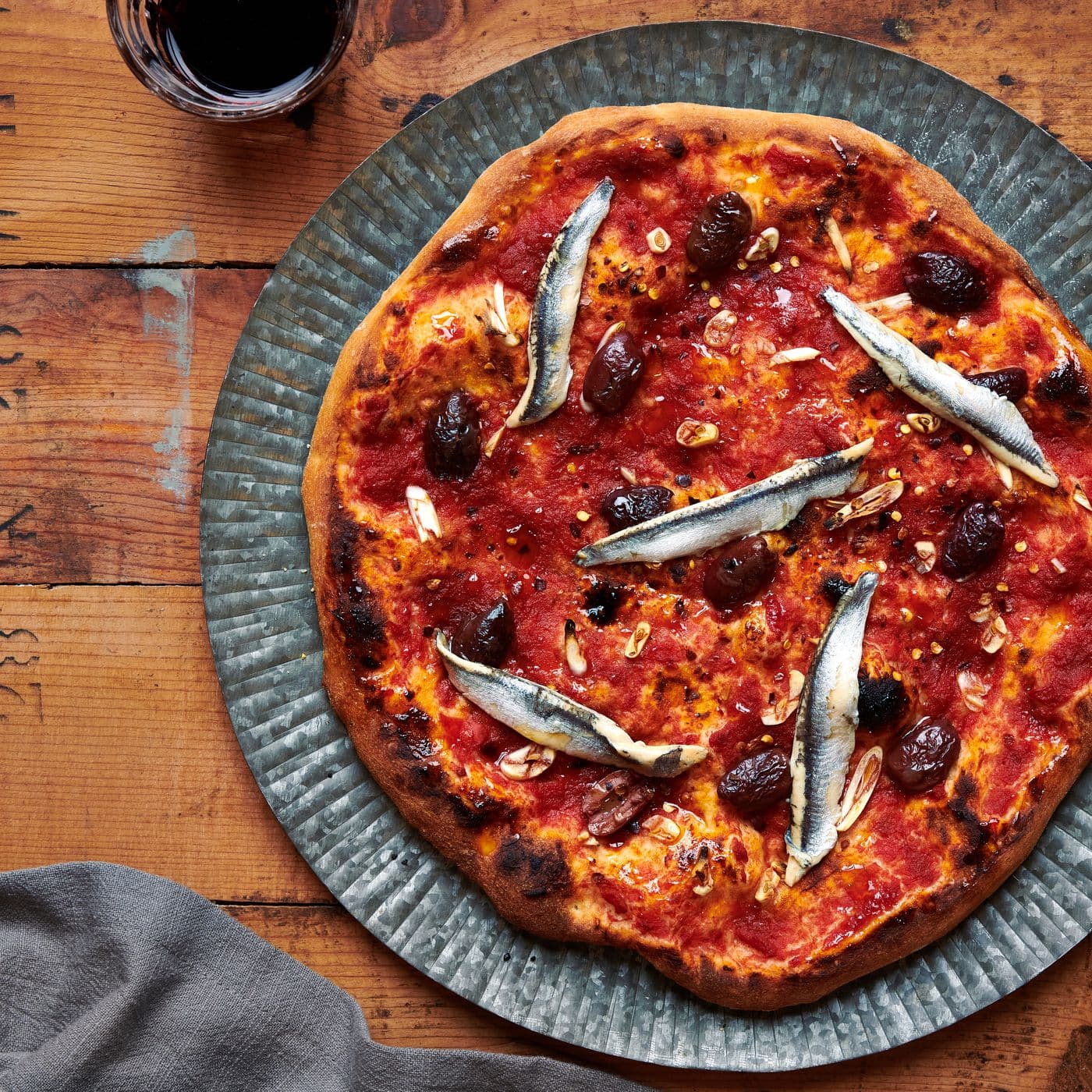Portuguese Cuisine vs. Polish Cuisine
Portuguese Cuisine
Portuguese cuisine stands as a prime contender for the title of the best food in the world, thanks to its rich culinary traditions, emphasis on fresh ingredients, and a harmonious blend of flavours that reflect its historical maritime prowess. Here's a compelling argument that underscores why Portuguese food deserves this accolade: Diversity Influenced by History and Geography Portuguese food is a palimpsest of the various cultures that have interacted with Portugal over centuries. From the Age of Discoveries when Portuguese explorers brought back spices from Africa and Asia, to the integration of New World crops such as tomatoes and potatoes, the cuisine reflects a synthesis of global flavours uniquely blended with traditional Iberian techniques. This historical melding of east and west, north and south, makes Portuguese cuisine not only diverse but uniquely rich and varied. Focus on High-Quality, Fresh Ingredients At the heart of Portuguese cuisine is the use of fresh, hi...
Polish Cuisine
Polish cuisine is all about comfort, rich flavors, and tradition. It’s the kind of food that sticks to your ribs, perfect for long winters and big family gatherings. Think hearty soups, meat-heavy dishes, and a lot of potatoes, cabbage, and bread. Pierogi are probably the most famous Polish dish—soft dumplings filled with anything from potato and cheese to meat, mushrooms, or sweet fruits. Then there’s bigos, a slow-cooked hunter’s stew packed with sauerkraut, fresh cabbage, sausage, and sometimes even wild game. It’s the kind of dish that gets better the longer it sits. If you like schnitzel, you’ll love kotlet schabowy, a breaded pork cutlet usually served with mashed potatoes and pickled cucumber salad. And for something truly Polish, there’s żurek—a sour rye soup with sausage and egg, often served in a bread bowl. Poland is also big on fermented foods like ogórki kiszone (pickled cucumbers) and kapusta kiszona (sauerkraut), which add a tangy kick to meals. And if you have a swee...
Reviews
Reviews
Reviewed on 2/28/2025
Kind of heavy but delicious. Lots of cheese, meat, potatoes and cabbage. Also, many many soups. Pierogi, bigos, kiełbasa, gołąbki, borsch.
| Item | Votes | Upvote |
|---|---|---|
| No pros yet, would you like to add one? | ||
| Item | Votes | Upvote |
|---|---|---|
| No cons yet, would you like to add one? | ||
| Item | Votes | Upvote |
|---|---|---|
| delicious | 2 |
| Item | Votes | Upvote |
|---|---|---|
| No cons yet, would you like to add one? | ||
Frequently Asked Questions
Portuguese cuisine emphasizes fresh, high-quality ingredients and unique culinary techniques such as the use of 'cataplana' and charcoal grilling, leading to simple yet profoundly satisfying dishes. On the other hand, Polish cuisine is known for its hearty and delicious dishes featuring cheese, meat, potatoes, and cabbage, with an emphasis on soups and comfort foods like pierogi and bigos. The preference between the two largely depends on whether you favor the fresh and diverse flavors of Portuguese food or the rich and hearty dishes of Polish cuisine.
Polish cuisine has a higher rank with a score of 3, placing it at rank 1 on the list. Portuguese cuisine has a score of 1, placing it at rank 6.
Portuguese cuisine is characterized by its rich culinary traditions, use of fresh and high-quality ingredients, and unique cooking methods such as the 'cataplana' and charcoal grilling. The cuisine also reflects a blend of global flavors influenced by Portugal's historical maritime explorations.
Polish cuisine is known for its hearty and delicious dishes that often feature cheese, meat, potatoes, and cabbage. The cuisine is also famous for its variety of soups and comfort foods like pierogi, bigos, kiełbasa, gołąbki, and borsch.
Portuguese cuisine is renowned for its rich culinary traditions, emphasis on fresh ingredients, and a harmonious blend of flavors influenced by its historical maritime prowess. It features a diverse array of dishes that reflect a synthesis of global flavors uniquely blended with traditional Iberian techniques.
Staple ingredients in Portuguese cuisine include fresh seafood such as sardines, bacalhau (dried and salted cod), octopus, and various shellfish. Additionally, the cuisine emphasizes the use of fresh, local produce, piri-piri (small fiery chillies), garlic, and olive oil.
Portuguese cuisine reflects its historical influences through the integration of spices from Africa and Asia brought back during the Age of Discoveries, as well as the incorporation of New World crops such as tomatoes and potatoes. This historical melding of different cultures contributes to its diverse and rich culinary tradition.
Traditional cooking techniques in Portuguese cuisine include the use of the 'cataplana' (a clam-shaped cooker) that seals in flavors and juices, and grilling over charcoal which infuses dishes with a smoky richness. The cuisine also relies on simple seasoning to enhance the natural flavors of the ingredients.
As of now, there are no user-generated pros and cons for Portuguese cuisine. However, the cuisine is generally praised for its use of fresh, high-quality ingredients and diverse flavors. Possible cons might include the potential for some dishes to be too rich or seasoned for certain palates.
Polish cuisine is characterized by comfort, rich flavors, and tradition. It features hearty soups, meat-heavy dishes, and staples like potatoes, cabbage, and bread. Some of the most famous dishes include pierogi (dumplings), bigos (hunter's stew), kotlet schabowy (breaded pork cutlet), and żurek (sour rye soup). Desserts like pączki (doughnuts) and sernik (cheesecake) are also popular, and meals are often accompanied by vodka or tea.
The pros of Polish cuisine include its delicious and hearty nature, with a focus on comfort food that is perfect for family gatherings. Users have noted that the food is rich in flavors and offers a variety of dishes. However, there are no specific cons listed, though some may find the cuisine to be heavy due to its meat and cheese content.
Some popular dishes in Polish cuisine include pierogi (dumplings filled with various ingredients), bigos (hunter's stew), kotlet schabowy (breaded pork cutlet), and żurek (sour rye soup). Additionally, fermented foods like ogórki kiszone (pickled cucumbers) and desserts such as pączki (doughnuts) and sernik (cheesecake) are also well-loved.
Polish cuisine is often paired with vodka, which has a long-standing tradition in Poland. For those who prefer milder options, hot tea with lemon or kompot, a homemade fruit drink, are also popular choices to accompany meals.
Dining on Polish cuisine typically evokes a warm and inviting atmosphere, perfect for family gatherings and celebrations. The focus on hearty, comforting dishes creates a sense of home and community, making it a delightful experience for those who enjoy rich flavors and traditional meals.
